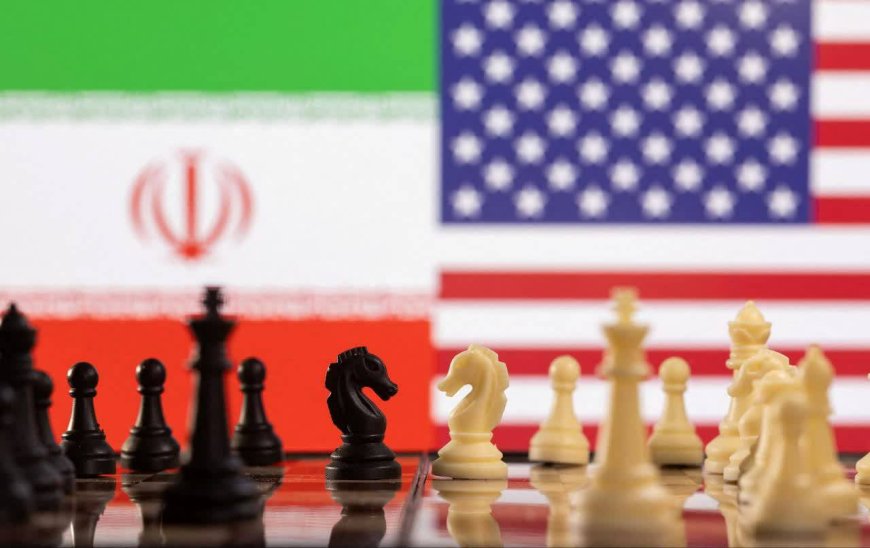What are the motives behind the temporary agreements between the United States and Iran?
What are the motives behind the temporary agreements between the United States and Iran?

For several months now, there have been intricate diplomatic negotiations taking place in Qatar concerning the release of Iran's assets in South Korea. Through Qatari mediation, a diplomatic mission comprising representatives from the Central Bank of Iran has been engaged in negotiations with the US delegation. It seems that the main point of contention was over the procedures for transferring Iran's assets, which totaled $7 billion. During the recent visit of the governor of Iran's Central Bank, Mohammad Reza Farzin, the lingering technical issues were probably resolved.
The Sultanate of Oman has been a key player in facilitating the political negotiations related to the highly significant prisoner exchange agreement. As we examine the developments related to the prisoner exchange agreement, it appears that certain limited agreements are being forged concerning Iran's nuclear programme and sanctions imposed on Iran, regardless of their official or unofficial nature and whether they are temporary, documented, or undocumented.
The temporary nature of the agreement between Iran and the US indicates that the restoration of the Joint Comprehensive Plan of Action (JCPOA) of 2015 is no longer a viable option. Although both the United States and Iran have entered into this temporary understanding with specific goals in mind, the decision to formalise it by assigning an official hue will result in significant political implications for both parties.
The United States has been diligently seeking a provisional agreement with Iran. However, the current agreements do not include a significant nuclear concession from Iran, which prevents the US administration from presenting it as a major accomplishment, as such a move could potentially engender a barrage of censure from the US political elite. On the other hand, a temporary US-Iran agreement reached with Iran may not be sufficient to alleviate the sanctions imposed on Iran's economy.
Also, Iran, which has been consistently vocal in its opposition to any kind of temporary agreement, would find it challenging to accept such a designation. Moreover, the potential benefits of these understandings for Iran's ailing economy are ephemeral and largely psychological. Nonetheless, the necessity to effectively moderate tensions serves as the main motivation for both parties to strive towards such agreements.
Both parties have duly acknowledged the insurmountable challenges of addressing the tensions and have rather agreed to manage them in a way that precludes further escalation beyond a certain level. The agreement reached between Iran and the International Atomic Energy Agency (IAEA) aimed at mitigating the risk of heightened hostilities and avoiding the case being brought before the US United Nations Security Council.
This agreement has also played a role in establishing the limited understandings currently being formed with Washington with the support of Oman and Qatar. It is imperative to realise that limited agreements hold significance for all parties involved. The White House finds itself in a precarious position as it must deftly manage tensions and prevent the situation from spiralling out of control, all while keeping in mind the looming 2024 presidential election and other pressing foreign policy concerns. Meanwhile, Iran is grappling with an adverse economic situation and is in dire need of the release of its assets and Western sanctions not being further intensified.
It remains to be seen whether these understandings, once cemented, are capable of navigating towards more significant breakthroughs. It is unlikely that the current understandings between Tehran and Washington will produce significant results in the short term given the international developments brought about by the conflict in Ukraine, in addition to the difficulties in successfully restoring the JCPOA and achieving the all-encompassing agreement that both the United States and Europe seek.













































